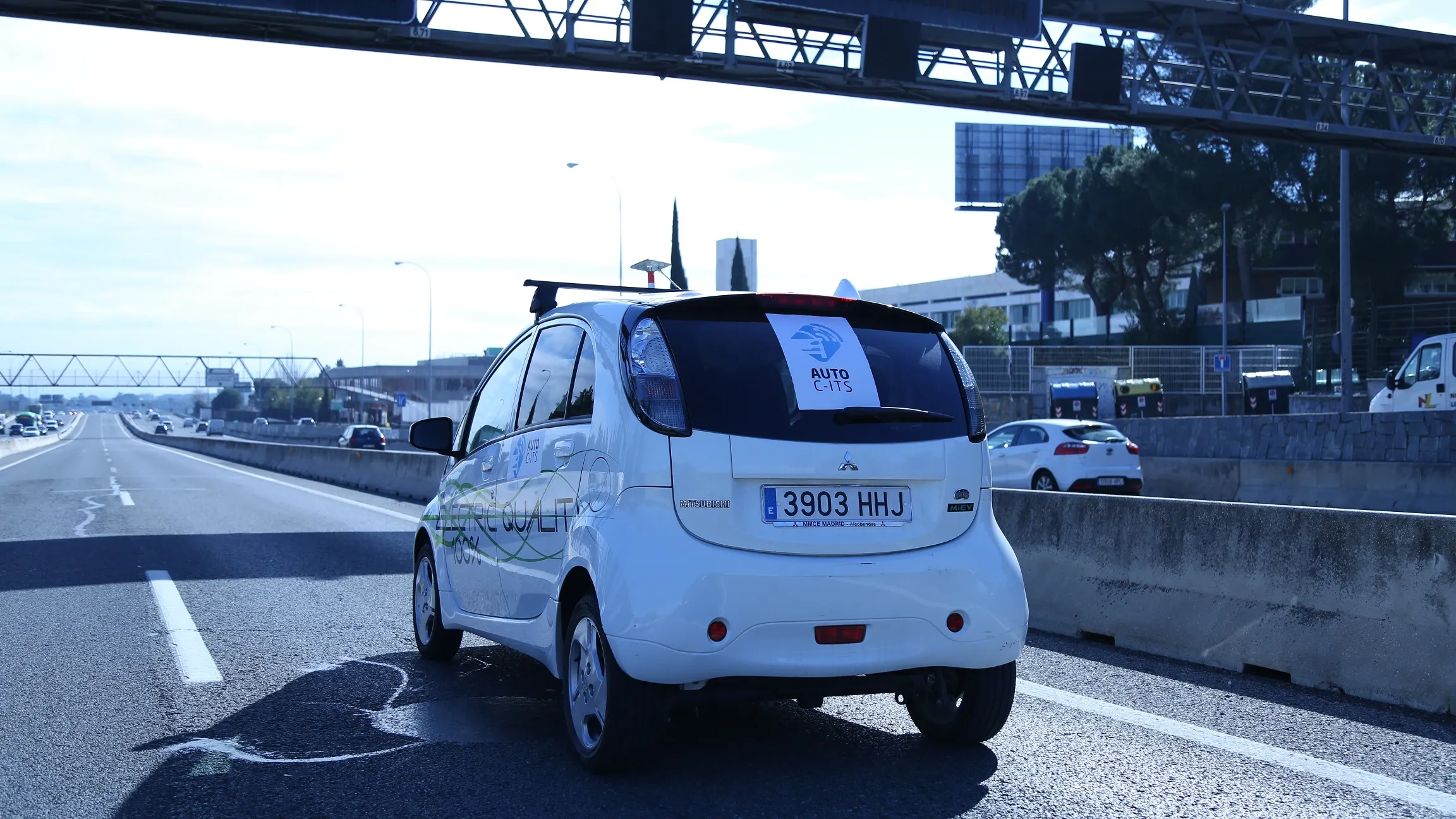Peek, the Imtech Traffic & Infra mobility specialist, has won a contract to provide a new generation of technology for 365 road junctions in Copenhagen as part of a programme aimed at making the Danish capital the first in the world to be completely CO2 neutral by 2025. The order comprises upgrade, improvement and maintenance of all 365 road junctions in the city, including a traffic management system based on ITS.
At present, traffic is responsible for 21% of the city’s overall CO2 emissions, but the aim
June 25, 2012
Read time: 2 mins
Peek, the 6999 Imtech Traffic & Infra mobility specialist, has won a contract to provide a new generation of technology for 365 road junctions in Copenhagen as part of a programme aimed at making the Danish capital the first in the world to be completely CO2 neutral by 2025. The order comprises upgrade, improvement and maintenance of all 365 road junctions in the city, including a traffic management system based on ITS.
At present, traffic is responsible for 21% of the city’s overall CO2 emissions, but the aim is to halve this by 2015, partly through Imtech solutions. New high-tech traffic controllers will be linked to a real-time remote monitoring system to promote safe and sustainable flow of buses, bicycles, cars and freight vehicles. The aim is to achieve optimal traffic flow with as few CO2 emissions as possible. This technology is partly the result of previous successful European pilot and research projects, including CVIS, Safespot and Freilot, to which Imtech contributed significantly.
At present, traffic is responsible for 21% of the city’s overall CO2 emissions, but the aim is to halve this by 2015, partly through Imtech solutions. New high-tech traffic controllers will be linked to a real-time remote monitoring system to promote safe and sustainable flow of buses, bicycles, cars and freight vehicles. The aim is to achieve optimal traffic flow with as few CO2 emissions as possible. This technology is partly the result of previous successful European pilot and research projects, including CVIS, Safespot and Freilot, to which Imtech contributed significantly.










